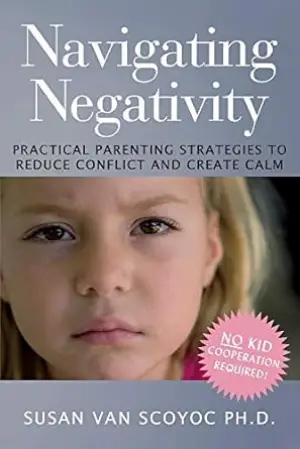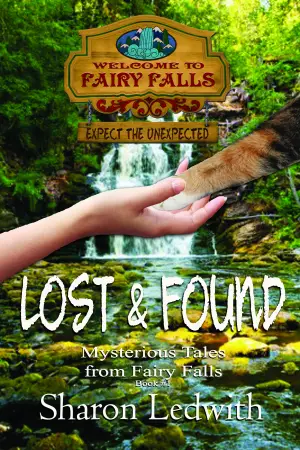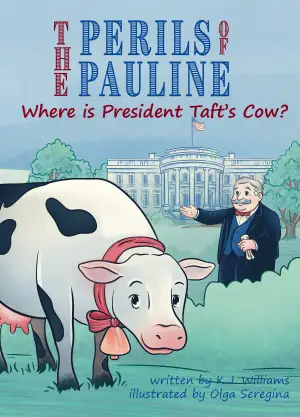I recently finished reading “Quantum Radio” by A.G. Riddle, and I must say, it was a captivating experience. As an avid reader with a penchant for science fiction, this book immediately piqued my interest. The blend of quantum physics, a thrilling narrative, and the idea of alternate realities drew me in from the start. Given that it’s penned by the Sunday Times bestselling author of “Lost in Time,” I expected a well-crafted story—and I was not disappointed.
“Quantum Radio” follows Dr. Tyson Klein, a dedicated quantum physicist at CERN, who discovers a seemingly organized data stream from the Large Hadron Collider, which he believes might be a signal from another universe or even the future. As Ty digs deeper into this discovery, he finds that the message is more profound than he initially thought, leading him down a dangerous path filled with intrigue and peril.
One of the book’s major strengths is its engaging and intricate plot filled with twists and turns. I found myself hooked from the first chapter, just as Richard Flagg mentioned in his 5-star review that the book was unbeatable and engaging. Riddle’s writing is indeed well-crafted, allowing for a fast-paced narrative that kept me on my toes. I appreciated that the book packs a hefty amount of information about quantum physics, making it not just a read but also an enlightening experience.
However, I also found certain aspects a bit lacking. As noted by Stephen Dornewass, the book moves quickly and rather smoothly, but some characters felt a bit underdeveloped. I caught myself wanting to learn more about their backstories and motivations. For example, the dynamic between Ty and some supporting characters could have been fleshed out further, giving us a better grasp of their significance in the story. Knowing that this is the first book in a series helped ease those concerns, as it’s a common trait in opening installments to lay groundwork for future developments.
Another positive takeaway is the pacing; I agree with many reviewers, including the enthusiastic reader who claimed he couldn’t put it down. I, too, found myself immersed in the narrative, often reading late into the night due to the tension and anticipation built up in the storyline. Riddle’s ability to weave science into a thriller is commendable, making for an exhilarating ride.
Yet, I couldn’t help but feel a touch of disappointment at the end. It left quite a few questions unanswered, akin to the feelings expressed by Darren M. Reed in his 3-star review, who mentioned feeling as if he was left with more questions than answers. However, it might be that this is a deliberate approach to entice readers to continue with the series—an effective strategy in my opinion, but it did leave me slightly unsatisfied after the buildup.
Overall, “Quantum Radio” delivers an exciting mix of science, adventure, and suspense. Despite a few small drawbacks regarding character depth and resolution, it stands strong with its fantastic premise and well-drawn narrative. The themes of exploration and existential inquiry certainly resonated with me, and I relish the thought of continuing the journey with Ty and his team in future books.
If you’re a lover of science fiction and don’t mind a few unanswered questions (at least for now), I would wholeheartedly recommend “Quantum Radio.” It’s a rewarding read that combines thrilling elements with intriguing scientific concepts, making it a worthwhile addition to any sci-fi lover’s bookshelf. Overall, I would rate it a strong 4.5 out of 5 stars. I eagerly anticipate the next book in the series!








